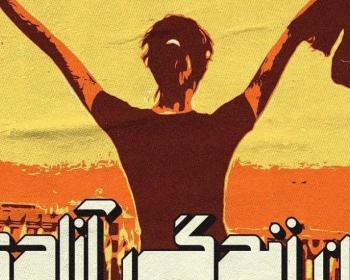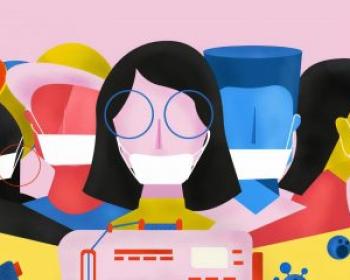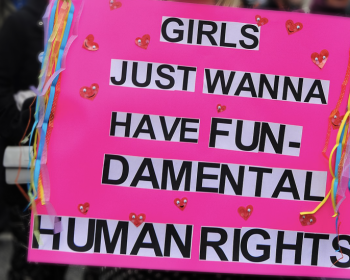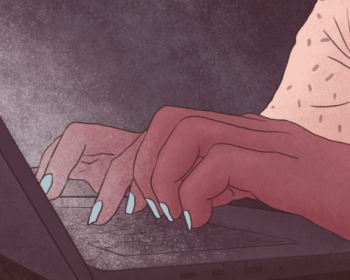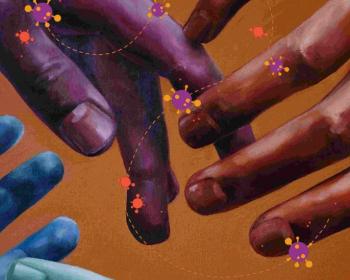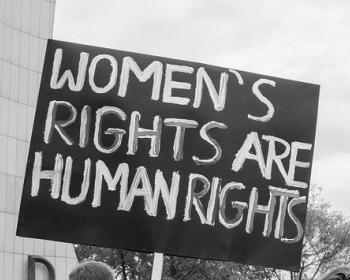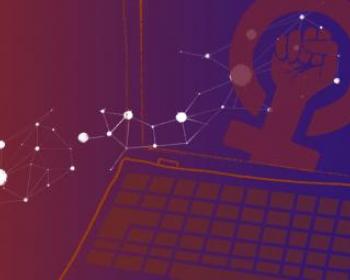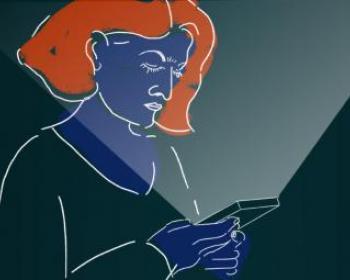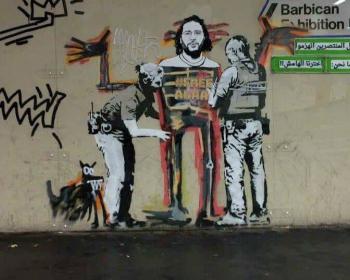women's rights
In Iran, women are protesting to demand bodily autonomy and their right to live, in the wake of the state-backed murder of a 22-year-old Mahsa Amini by the morality police. The government is responding by killing more women, attacking protestors and censoring the internet to contain the information.
The COVID-19 pandemic has exacerbated concerns on public life. Among the conditions faced in the Philippines during this period is gender-based violence, influenced by the quality of gender-responsive measures in times of crises.
During RightsCon 2020, the Women of Uganda Network (WOUGNET) hosted a session on non-consensual sharing of intimate images (NCII), a form of online violence that is on the rise in Uganda and other sub-Saharan African countries, commonly referred to as “revenge porn”.
Media Matters for Democracy expresses solidarity with the women journalists who have called out online violence they face on social media platforms. A statement released by a group of women journalists on 12 August highlights a culture of hateful speech, incitement, harassment and doxxing.
In the first half of this two-part article, Loreto Bravo Muñoz and Peter Bloom share a critique of the new networks that are emerging with the rushed transition to 5G, from a feminist and psychosocial perspective.
Essential workers and service workers in the United States, especially those in the LGBTQIA+ community, are increasingly more vulnerable at the workplace during the COVID-19 pandemic. They are at risk of losing employment benefits, and are subject to discrimination and surveillance at work.
This joint statement welcomes the resolution on elimination of discrimination against women and girls adopted at this HRC session, which focuses on multiple and intersecting forms of discrimination faced by women and girls and the measures states should take to address the same issues.
The COVID-19 pandemic has shown why the protection of human rights online is more important now than ever before. The internet has been a gateway for access to critical information, services and opportunities available to many people for the first time, as noted by the GSMA mobile gender gap report.
Gender-based violence against women and girls remains a global threat to the public health of women and girls during emergencies. As the COVID-19 pandemic deepens the economic and social stress, coupled with restricted movement and social isolation measures, gender-based violence against women and girls is increasing exponentially.
APC echoes the deep alarm expressed by the Secretary-General at the opening of this session over the shrinking of civic space online. We highlight the disturbing trend of internet shutdowns, which in violation of international law, restrict a range of rights and harm communities.

Association for Progressive Communications (APC) 2022
Unless otherwise stated, content on the APC website is licensed under Creative Commons Attribution 4.0 International (CC BY 4.0)



